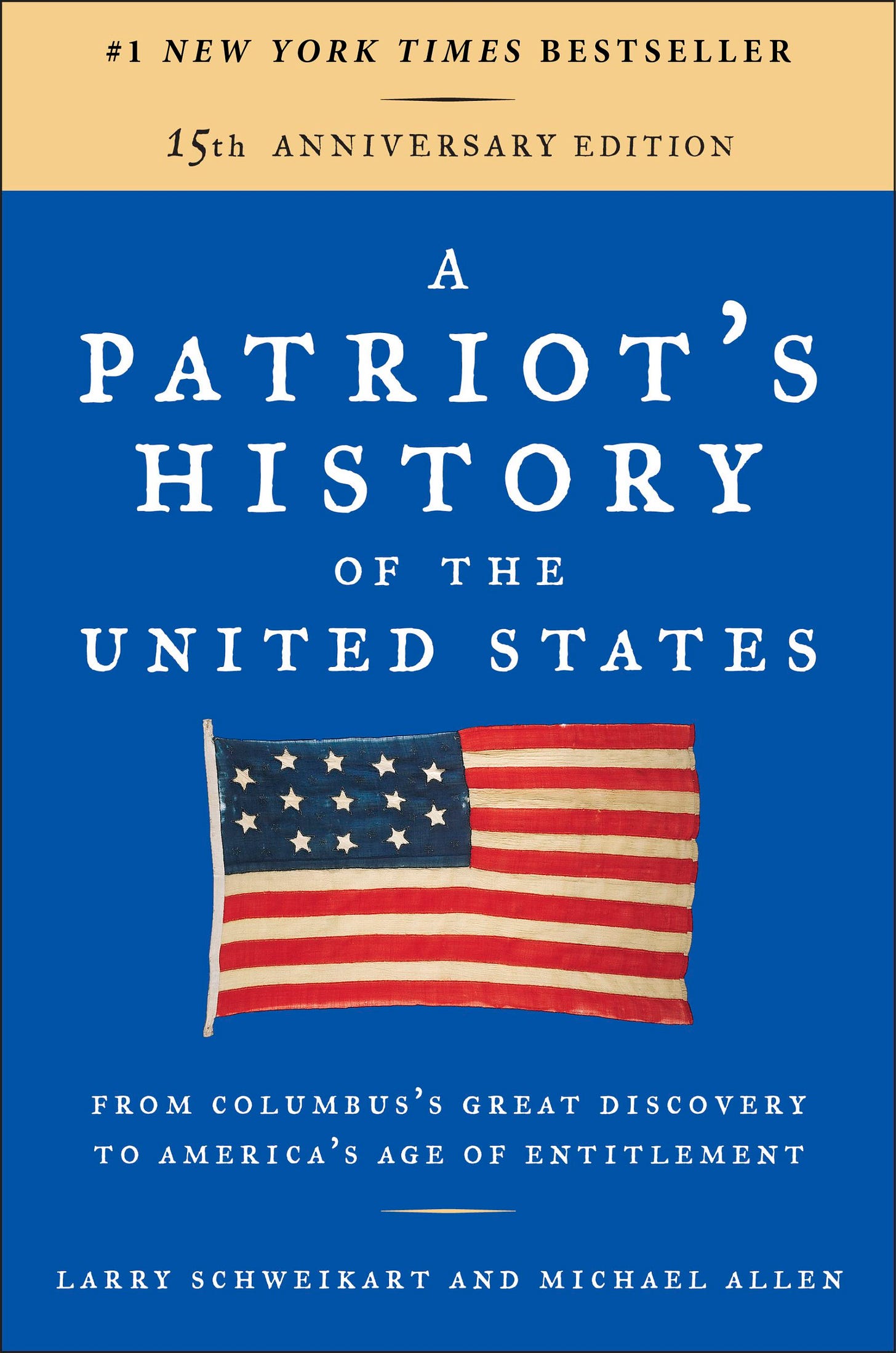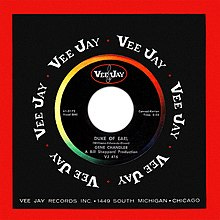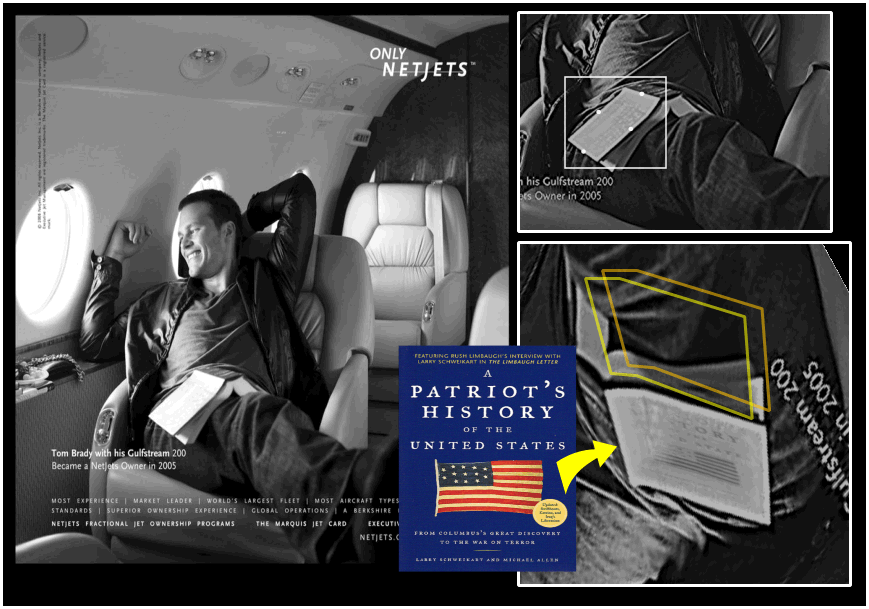In the late 1990s and then through the first decade of the 21st century, it became increasingly common to hear the phrase “American exceptionalism” used, especially by pundits on the right. Probably no one did so more effectively than the late great Rush Limbaugh in his daily radio broadcasts.
Rush, however, really never defined it, referring somewhat loosely to the first nation ever born with the presumption that the people told government what to do, not vice versa.
Others using the term referred to America’s Constitution, except there existed a problem: many other countries with virtually no freedom had constitutions, some of them very similar to our own. When I taught at the University of Dayton, my next-door colleague, an African from Cameroon (and a total lib) would lament the status of freedom in his country under the President (apparently for life) Paul Biye. I asked, “Could I see your constitution?” I was shocked to find that Cameroon’s constitution looked very similar to our own. Clearly it wasn’t the Constitution that made America exceptional.
About that time—-2010 or so—-I started writing A Patriot’s History of the Modern World with Dave Daugherty. He observed that Mike Allen and I really had not nailed down a definition of American Exceptionalism in our bestselling book from 2004. He was right: we offered three general characteristics of America, mostly the America of about the time of the Revolution, but did not delve into what, specifically, made American special.
So Dave and I read all of the various explanations, including probably the best by historian Niall Ferguson, who still came up shot. We arrived at the “Four Pillars of American Exceptionalism”: the four components that made America different from any other nation on earth. Some have had or have today one or two of these, but no other nation has all four, and certainly none have had all four from their inception. These pillars defined American Exceptionalism:
A Christian, mostly Protestant religious foundation. Right here is why the 1619 Project is wrong. Slavery didn’t define America. Everyone had slavery. But even in America, only one section—-the southern part at Jamestown—-had slavery. The Pilgrims and Puritans, each of whom were actual Protestants did not.
Both the Pilgrims (who were a specific brand of breakaway Puritans) and the Puritans in general were Protestants in the fact that they were protesting the corruption and impurity they found in the Church of England. But ENGLAND was no exceptional because the Church of England was not truly “Protestant.” It was not formed to protest anything, but so that Henry VIII could have a hottie. Anyway, the significance of having a Protestant religious foundation was that unlike every other religion in the world, the Protestant variation of Christianity was bottom up or congregational in its church governance.
Right there, any nation that was Catholic in its origins; or Muslim; or Shinto- ist; or Greek Orthodox could NOT be “exceptional” because they had a top- down religious tradition.
2. Common Law. England had common law—-but not from its inception, when it was under Divine Right of Kings. Even after the Magna Carta, the fundamental understanding was that God put the law in the hands of the monarchs to dispense down. But Common Law, which came to England from the German tribes, said that God puts the law in the hearts of the people, who elect or select leaders to carry it out. (Romans 2:12-16 and Jeremiah 31:33). Only after the Glorious Revolution of 1688 did the English truly get Common Law when Parliament placed the crowns on William and Mary’s heads. But America from the Mayflower had self government. The Pilgrims joined with the “strangers” to establish their own government and elect their own governor. This is bottom up political governance which worked perfectly with Protestant Christianity and its bottom up church governance.
3. Private property with written titles and deeds. Both Jamestown and Plymouth adopted this after about a year of starving. Lands were divided up from “commons” to individuals and the common corn barrels were likewise split up. Each parcel of land came with a deed to the land. Remember “Braveheart?”
“Titles and deeds, titles and lands”—-they used the phrase endlessly. What titles were they talking about? Not “count” or “duke” or “earl” or even the Duke of Earl.
No, they were talking about the title deeds to the land. Interestingly, when the United States in the Land Ordinance of 1785—-possibly the most important law ever written in America—-opened up the Old Northwest to settlers, it was to be done after a government survey laid things out neat and proper. Except being Americans, our ancestors wouldn’t wait. They started settling in un- surveyed areas. Normally, in other countries, the army would move in and throw them out. But this presented an issue of Common Law. If the people are doing what’s in their hearts, aren’t they right? So Congress passed an amendment called preemption or squatter’s rights that said if you stay on a p piece of land for seven years and build on it, it becomes yours. No other nation in the world had this.
4. Finally, we had a free market economy almost from the get-go when, in 1630, a mill was set up in Plymouth and a miller was hired to run it, meaning he wouldn’t be a farmer anymore. Instead, he was paid by portions of food from all the other farmers. Adam Smith would call this “division of labor.”
These four pillars are what make America truly exceptional. Thus when former president Zero said “The Greeks think they’re exceptional and the Brits think they’re exceptional,” (and I may not have the quote exactly precise but pretty close), he was wrong. The Brits never thought anyone could make themselves into “British.” (See, for example, how they governed their colonies. No Zulu was ever thought capable of truly being British). But Americans believe that anyone can become American who accepts the premises of America herself. No one in the world to this day has the four pillars, and judging by the way things are going, no one is going to get them.
Our premise was first lad out in out two-volume set, A Patriot’s History of the Modern World, vol. 1 and vol. 2, then retrofitted into A Patriot’s History of the United States.
Currently these are out of print, but we have both volumes on the www.wildworldofhistory.com website in PDF for a special sale of $14.99 for both.
The only way to appreciate America is to realize that yes, were were special when founded and are still that way today.
Larry Schweikart
Rock drummer
Film maker
NYTimes #1 bestselling author
Political pundit
For even more truth-based current events, politics, and history content + resources, check out my VIP membership below
https://www.wildworldofhistory.com/vip
The current reigning Super Bowl QB seems to agree with this assessment.











Yep. Been saying that for a long time, we started several hundred years ahead of the world...starting out middle class, not pagan, and following a thin red line, outlined in a book I co-authored with a friend, https://www.amazon.com/dp/B09GZHFJST/ref=sr_1_1?dchild=1&keywords=unwashed+philosophy&qid=1632578574&sr=8-1
I think American Exceptionalism is indefinable, Larry, which is why it has been impossible to replicate. In 1860 2.2 young men volunteerd to pu their lives on the line to save 4 million people they had never seen. 600K died. That had never been done in the History of the World, and it has been part of our wiring. We still do it. https://www.vassarbushmills.com/?p=72342
In 1991, in the USSR I gave a toast to Soviet academicians at a BD party, and recited the opening lines to the Declaration of Independence, and they all cried. https://www.vassarbushmills.com/?p=62748 but they recopgnized it.
Takes a long list